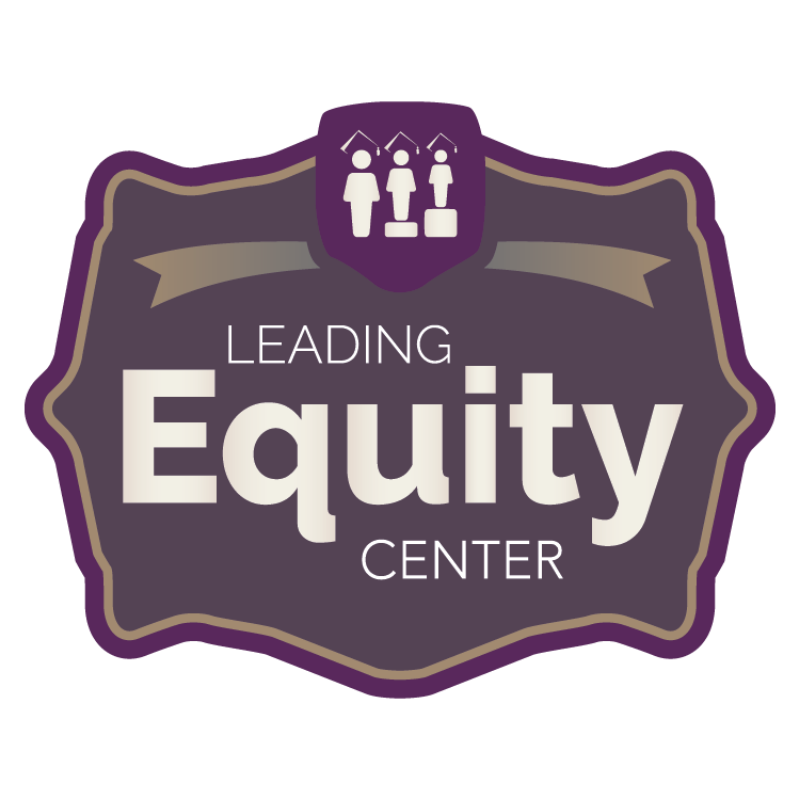Hidden Messages in Good Intentions: Microaggression Session I
Webinar Description:
During this introductory session, participants will understand how Implicit Biases manifest themselves into microaggressions and what those different forms look like in our day-to-day lives. By understanding how these subtle, nonverbal, and often disparaging messages affect marginalized persons, participants will develop a lens to recognize these microaggressions and become better advocates for their students. They will leave the session with background knowledge and strategies to break those automatic assumptions.
Topics Covered:
- What is a microaggression?
- Define what microaggressions are
- Discuss Implicit Bias’s relationship to microaggressions
- Discussion: They’re Not Too Young to Talk About Race
- Examples of microaggressions in everyday life
- Forms of Microaggressions
- What are microassults?
- What are microinsults?
- What are microinvalidations?
- Committed a microaggression?
- What are microinterventions?
Learning Outcomes:
- Define microaggressions
- Discuss Implicit Bias' relationship to microaggressions
- List examples of microaggressions
- Describe strategies to advocate on behalf of students/staff
Hidden Messages in Good Intentions: Microaggression Session II
Webinar Description:
We continue our Advocacy with the second session on Microaggressions. During part two of this session participants will understand the impact that microaggressions can have on us as educators and how they can also affect our students. Participants will also develop an understanding of what privilege is, the different types that exist, as well as why we as educators need to “check our privileges” by learning about the advantages that accompany it. Finally, participants will leave with strategies that address how to speak up in the event of biased language/situations and how to intervene when they have been on the committing end of a microaggression.
Topics Covered:
- The Impact of microaggressions
- Why is it important for educators to understand microaggressions?
- How do microaggressions affect our students?
- Check your privilege
- What is privilege?
- Types of privilege
- What does it mean to check your privilege?
- Opportunities to help create change in your day-to-day life
- Committed a microaggression?
- Review microinterventions
- Speak-Up Strategies
- Practicing with the Speak Up Strategies
- Make a CLAAIM
Learning Outcomes:
- Describe why it is important for educators to understand microaggressions
- Investigate privilege and how to address the privileges we have
- Utilize speak up strategies

May 28, 2021
8:35-10:05 AM
This session has been rescheduled for June 2. Please register for another date.

May 28, 2021
10:15-11:45 AM
This session has been rescheduled for June 2. Please register for another date.

May 28, 2021
11:50-1:20 PM
This session has been rescheduled for June 2. Please register for another date.
Meet Your Instructors
Sheldon L. Eakins, Ph.D. is the Founder of the Leading Equity Center and host of the Leading Equity Podcast. With over 11 years in education, he has served as a teacher, principal, and Director of Special Education.
Dr. Eakins has a passion for helping educators accomplish equitable practices in their schools. He has earned a B.S. degree in Social Science Education, an M.S. degree in Educational Leadership, and a Ph.D. in K-12 Education.
LaManda Moore Rodriguez is an Equity and Inclusion Resource Teacher and Founder of the Live For Literacy: An Equity Initiative.
She earned her Master of Arts in Teaching from Bellarmine University and continued her education at Spalding University in the Instructional Leadership program. As a former Literacy Coach and Reading Recovery teacher she has presented at both the district and national level. LaManda has a passion for literacy and believes that each student deserves to know/see others like them in their classroom learning. Literacy can liberate our students to be advocates for themselves and others.



















